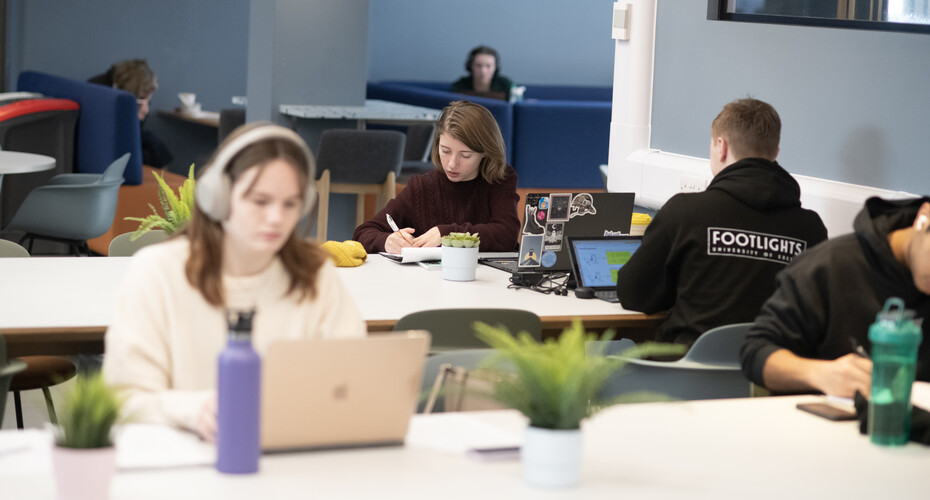Current students
Detailed information for current students can be found on the Current students webpages. Module descriptors and programme specifications can be found on the Study Information webpages.
Natural Sciences quick links
University of Exeter quick links
- Digital Hub
- iExeter
- ELE
- Wellbeing Services
- Health and welfare contacts
- Mitigation information
- Grand Challenges
- The Exeter Award
Natural Sciences Society
Our close-knit society aims to support you as much as possible in your academic work across all years. We run buddy schemes, career talks and open advice platforms via our Facebook group.
Outside of academics, regular socials, including nights out and formal dinners, give you a chance to get to know your coursemates, and perhaps even your lecturers, that little bit better!




